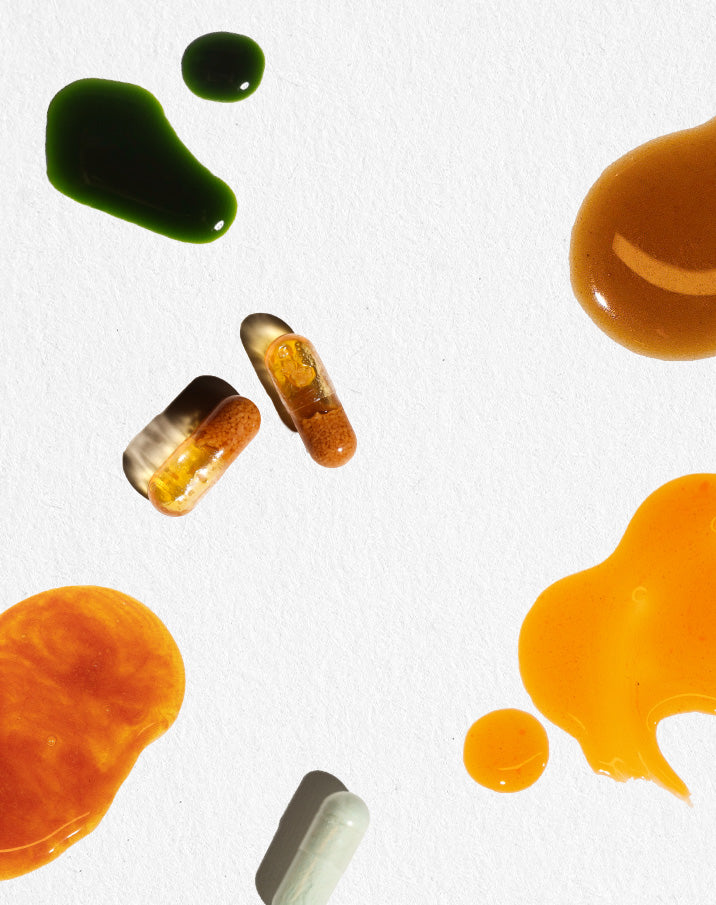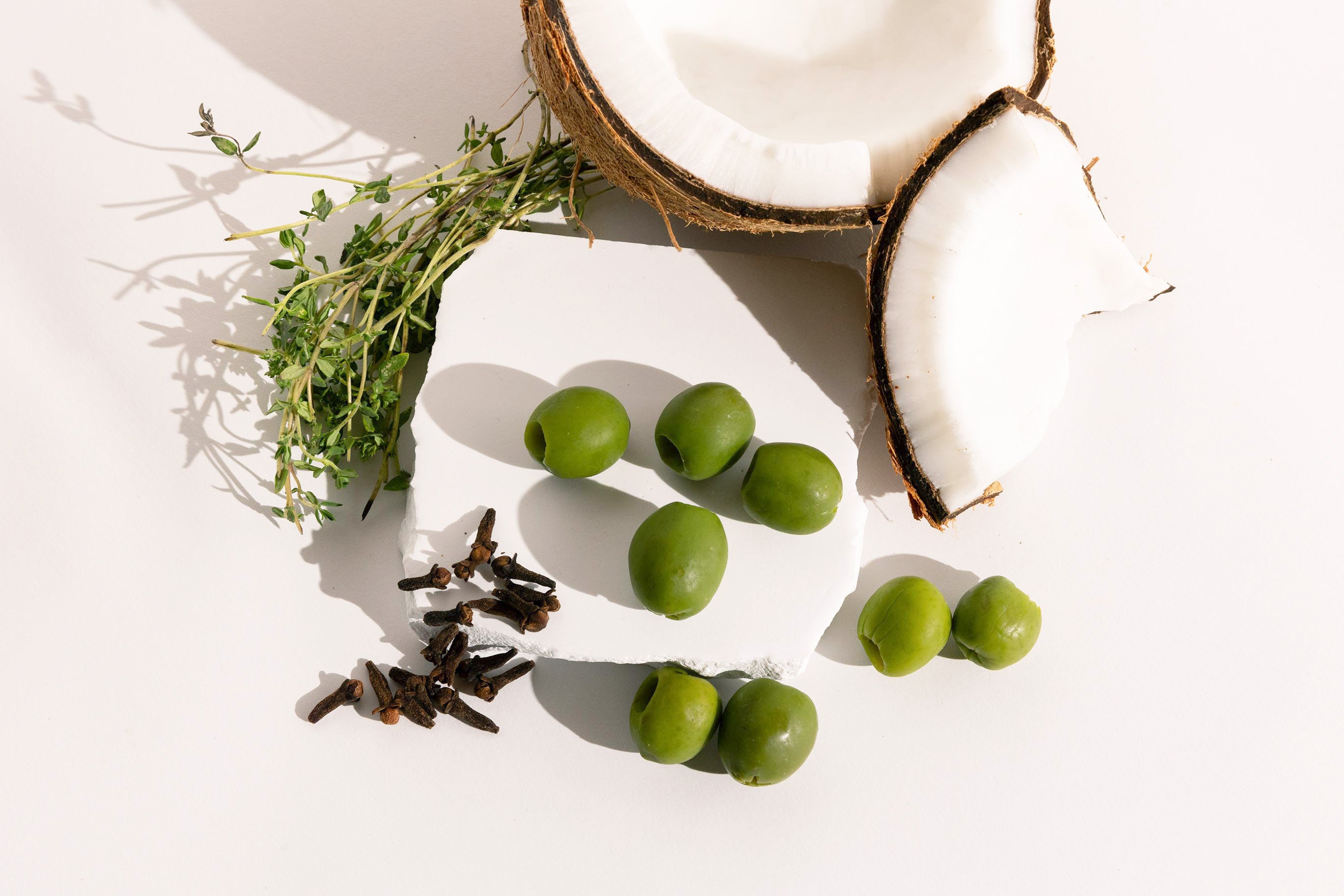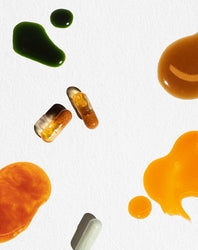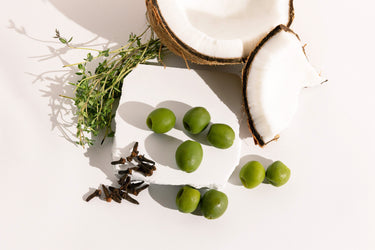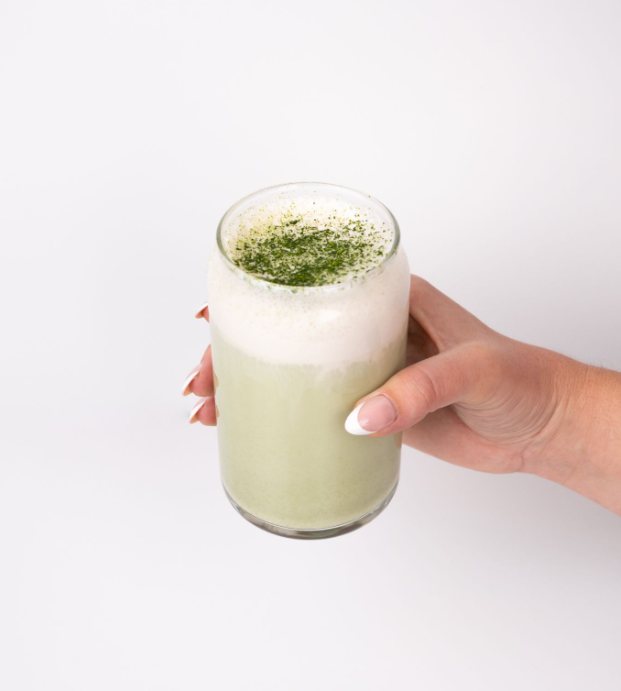
When you’re feeling sick, your body is doing its best to neutralize the virus or infection causing your symptoms. But when you experience flu or common cold symptoms, they are discomforting and irritating to deal with. With consistent intake of a few vitamins, you can give your immune system extra support in its efforts to recover.
Vitamins, like A, B, C, D, and E, can help your body work properly and some may even help you stave off certain infections.1
That said, if you feel sick or wonder how to boost your kid’s immune system and your’s, increasing your intake of certain vitamins will bolster your health and help you recover more quickly.
Why Should You Take Vitamins When You’re Sick?
A well-functioning immune system is essential to your health—and it’s the best way to ensure your body wards off sickness effectively. Why? Your body’s immune system is your first line of defense against bacterial infection and viruses.
More specifically, your immune system has two types of immunity:2
- Innate immunity – This is the first line of defense against harmful agents that attempt to enter the body and includes your skin, mucus, stomach acid, enzymes, and immune system cells.
- Adaptive immunity – Immune cells and organs like the spleen can learn to recognize a harmful pathogen and will create antibodies to fend off the intruder. These antibodies can quickly attack when that specific pathogen enters again.
Proper nutrition bolsters immune cells responsible for both innate and adaptive immunity, whereas inadequate nutrition or sugar- and red meat-rich diets may suppress immunity and hinder immune function.
In some instances, an improperly functioning immune system can cause a cytokine storm, where it over-responds and attacks other areas of your body beyond the invading infection.3
To keep your immune system working properly, it needs the proper nutrients. Vitamins to take when sick are those that are touted as critical to the growth and function of immune cells, which include:2
- Vitamin C
- Vitamin D
- Selenium
- Zinc
- Iron
When your immune system isn’t functioning properly, it’s more difficult to defend your body from the bacteria and viruses that cause illness. Fortunately, adding vitamins to your diet is the key to maintaining good health.
#1 Vitamin A
When you’re sick, your body needs any help it can get, starting with immune-supporting nutrients like vitamin A.
Vitamin A is an effective infection fighter with antioxidant properties that can aid your body’s immune defenses. More specifically, it’s critical to the development of the immune system and can help to regulate your immune cells to enhance your body’s defense against infectious diseases.4
Beyond immune support, it’s also essential for vision support and proper organ function.
How to Take Vitamin A
Vitamin A can be found in two main forms:
- Supplements – In capsule or liquid form, Vitamin A supplements can bolster your nutritional intake and may prevent facial blemishes.
- Beta-carotene – A powerful antioxidant, beta-carotene can be consumed through a rich diet of yellow and red vegetables, leafy greens, and fruits like mango, papaya, and apricots.
#2 Vitamin B Complex
Vitamin B is incredibly beneficial to your body and the immune system: Vitamin B complex consists of a range of B vitamins that all perform essential health functions beyond and in conjunction with general immune support, including:
- White blood cell production
- Stress reduction
- Proper brain function
- Immune cell regulation
- Metabolism support
How To Take Vitamin B
You can find vitamin B in many whole foods, including vegetables, legumes, whole grains, as well as in fortified meals like breakfast cereal. You can maximize vitamin B absorption by using our Liposomal B12.
Mushrooms are an excellent source of B vitamins—try a pouch of Longevity Mushrooms daily in your beverage of choice to reap the potential benefits. Our blend also includes green tea extract and cacao for an extra level of antioxidant defense.
#3 Vitamin C
Vitamin C is usually the first thing that comes to mind when you start to feel sick, causing you to immediately reach for orange juice or stand-alone supplements. So, why is vitamin C such an integral part of the battle against the cold and flu?
Vitamin C may support:
- Protection against free radicals
- Wound healing
- Collagen formation
- Cognitive function
- Iron absorption
How To Take Vitamin C
Vitamin C can be found in many fruits and vegetables, such as citrus and leafy greens, as well as in fortified drinks with added ascorbic acid like apple juice.
It’s also readily available in a variety of supplemental forms, including Liposomal Vitamin C, to help your body kick that cold to the curb. A vitamin C supplement is another great way of raising the vitamin levels if it's difficult doing so with food sources.
#4 Vitamin D
Vitamin D is a multi-faceted nutrient that performs many functions in the body, including the support of brain and muscle function. It's also believed that vitamin D can help the immune system.
It also has anti-inflammatory properties and is a critical component in building and maintaining healthy bones and teeth by supporting calcium absorption.
How To Take Vitamin D
There are a few ways to combat vitamin D deficiency or low levels of vitamin D. While there aren’t many plant-based food sources for vitamin D, you can opt for breakfast cereals or orange juice that are fortified with vitamin D.
However, the most prominent source of vitamin D is the sun. That said, most people don’t have enough sun exposure to keep vitamin D at recommended levels. Because of this, many experts recommend utilizing a supplement like synergy D3 to boost immunity, energy levels, and mental clarity.
#5 Vitamin E
Vitamin E can help support your immune cells that break down foreign particles and fend off harmful bacteria and viruses. It may also help your body fight off damaging free radicals to boost health.
In fact, studies have shown that older individuals especially benefit from vitamin E supplementation when fighting off a cold.5
How To Take Vitamin E
If you’re looking for plant-based sources of vitamin E, opt for:6
- Wheat germ, sunflower, safflower, and soybean oils
- Sunflower seeds, peanuts, and almonds
- Red bell pepper, pumpkin, and asparagus
- Mango and avocado
- Collard greens and spinach
Vitamin E is also frequently used topically for its collagen-supporting skin benefits and can also be taken as a supplement.
#6 Selenium
An immune-boosting trace mineral, selenium is known for its antioxidant properties, as well as its potential support of other essential body functions including thyroid regulation and heart health.
How To Take Selenium
As a naturally occurring mineral that’s found in the soil, there are plenty of natural sources of selenium, including:
- Brazil nuts
- Brown rice
- Sunflower seeds
- Oatmeal
- Mushrooms
In its supplement form, selenium is often blended with other essential nutrients.
#7 Magnesium
Magnesium is critical to optimal body health. In addition to its role in fighting off infections, it’s also involved in energy production, protein formation, gene maintenance, muscle movements, and nervous system regulation.7
It may also work as an electrolyte to improve hydration and aid recovery while you’re feeling sick.
How To Take Magnesium
You can find magnesium in many foods, including leafy greens and legumes. You can find magnesium in many foods, including leafy greens and legumes. You can also supplement your diet with liposomal magnesium or topical magnesium oil for quick additions to your morning meals.
Adding an electrolyte packet to a glass of water is an excellent way to boost hydration and supplement your body with a daily blend of magnesium, minerals, and electrolytes.
#8 Zinc
A common ingredient in many homeopathic over-the-counter cold medicines (and with good reason), zinc is a go-to vitamin for quickly getting rid of a cold. Some evidence suggests that taking a zinc supplement can potentially reduce the length of a cold by up to 30%.8
In addition to its immunity mega-support, zinc may also be beneficial in supporting metabolic function and aiding the body in healing wounds.
How To Take Zinc
Don’t wait until you’re sick to add zinc to your daily nutrition routine. Instead, incorporate a zinc supplement like our Zinc Complex to bolster your immunity. Its combination of three types of zinc, selenium, and copper can help to support your immune system and reduce inflammation.
You can also increase your zinc intake through a healthy diet packed with:
- Legumes, nuts, and seeds
- Whole grains
- Vegetables like potatoes, green beans, and kale
Support Your Immunity With Cymbiotika
Whether you may be experiencing flu or common cold symptoms, your immunity is compromised. Supplementing a healthy diet with essential vitamins and minerals like Vitamin C, selenium, and zinc can help to support immune function and promote recovery when you’re feeling sick. For full-body support, look to Cymbiotika.
At Cymbiotika, we strive to provide you with vital nutrients that, in combination with a healthy diet, can support overall health and wellness. More specifically, our immunity defense supplement is packed with immune-supporting supplements to help curb diseases and infection.
Stay healthy with Cymbiotika.
Sources:
- Healthy Eating. Vitamins and Minerals for Older Adults. https://www.nia.nih.gov/health/vitamins-and-minerals-older-adults
- Harvard School of Public Health. Nutrition and Immunity. https://www.hsph.harvard.edu/nutritionsource/nutrition-and-immunity/
- National Cancer Institute. Cytokine Storm. https://www.cancer.gov/publications/dictionaries/cancer-terms/def/cytokine-storm
- Journal of Clinical Medicine. Role of Vitamin A in the Immune System. https://www.ncbi.nlm.nih.gov/pmc/articles/PMC6162863/
- SQUMJ. The Role of Vitamin E in Human Health and Some Diseases. https://www.ncbi.nlm.nih.gov/pmc/articles/PMC3997530/
- Harvard School of Public Health. Vitamin E. https://www.hsph.harvard.edu/nutritionsource/vitamin-e/
- Healthline. 12 Evidence-Based Health Benefits of Magnesium. https://www.healthline.com/nutrition/magnesium-benefits#TOC_TITLE_HDR_2
- University of Helsinki. Common cold duration is shortened similarly by zinc acetate and zinc gluconate lozenges. https://www.sciencedaily.com/releases/2017/05/170503110808.htm
- Cleveland Clinic. 8 Vitamins & Minerals You Need for a Healthy Immune System. https://health.clevelandclinic.org/eat-these-foods-to-boost-your-immune-system/
- Hindawi. Self-Care for Common Colds: The Pivotal Role of Vitamin D, Vitamin C, Zinc, and Echinacea in Three Main Immune Interactive Clusters (Physical Barriers, Innate and Adaptive Immunity) Involved during an Episode of Common Colds [...]. https://www.ncbi.nlm.nih.gov/pmc/articles/PMC5949172/
- Maturitas. Be well: A potential role for vitamin B in COVID-19. https://www.ncbi.nlm.nih.gov/pmc/articles/PMC7428453/
- Mayo Clinic. Zinc For Colds: The Final Word? https://www.mayoclinic.org/diseases-conditions/common-cold/expert-answers/zinc-for-colds/faq-20057769
- Mount Sinai. Selenium. https://www.mountsinai.org/health-library/supplement/selenium
- WebMD. Natural Cold And Flu Remedies. https://www.webmd.com/a-to-z-guides/features/colds-flu-immune-system
- UTHealth Houston. The power of vitamin D: What experts already know (and are still learning) about the ‘sunshine vitamin’. https://www.uth.edu/news/story.htm?id=0520d178-ab7a-49af-858e-a7adeec0b30e
